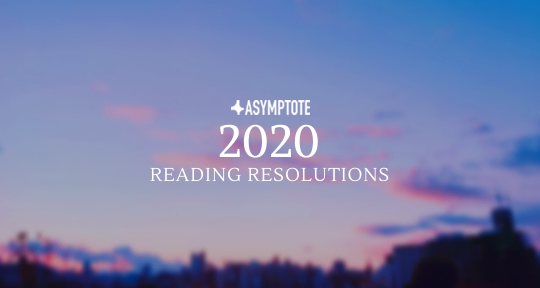Since 2021, Portside Review has published contemporary writings from the Indian Ocean that transcend beyond J.M.G. Le Clézio, Amitav Ghosh, Lindsey Collen, Monique Agénor, and Marie-Thérèse Humbert. Celebrating the coastlines, hinterlands, sea routes and port cities from Cape Town to Bangkok, from Bombay to Northbridge, this quarterly digital literary journal is funded by the Australian government’s Department of Foreign Affairs and Trade, the Department of Local Government, Sport and Cultural Industries, Creative Australia, and the Centre for Stories. “[W]e are not a journal of critique and review, nor of scholarship and journalism, nor of doctrinaire reference,” wrote managing editor Robert Wood in the journal’s latest issue.
In this interview, I spoke with Dr Wood on the impetus behind Portside Review, new writings from the Indian Ocean, and running a digital literary journal.
Alton Melvar M Dapanas (AMMD): What’s the story behind Portside Review? Why is there a need, now more than ever, for an online literary journal on writings from the Indian Ocean?
Robert Wood (RW): Founded in February 2021, Portside Review is a quarterly online literary journal that publishes short stories, essays, poetry, interviews, and activism in written, audio and visual form. Based in Perth in Western Australia, we have had editors in Melbourne, Singapore, Bali, Penang, Mumbai, Cape Town, Myanmar, and elsewhere. We started it as a project through our parent organisation, the Centre for Stories, which teaches the craft of storytelling for social impact.
There is a need, as always, for the proliferation for artistic excellence that supports an ongoing peace, all with a sense of ecological attention, material place and geographic location. Our vision has been to see the Indian Ocean as a home of many languages, many interests, many sovereignties, and to reflect that through a journal focused on the English language without centering it. It is a project that allows us to connect laterally rather than vertically, that re-routes where and when we have come to be in the ports we call our own. READ MORE…



